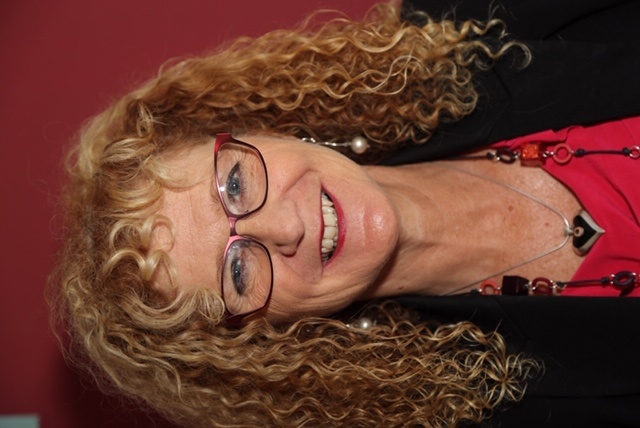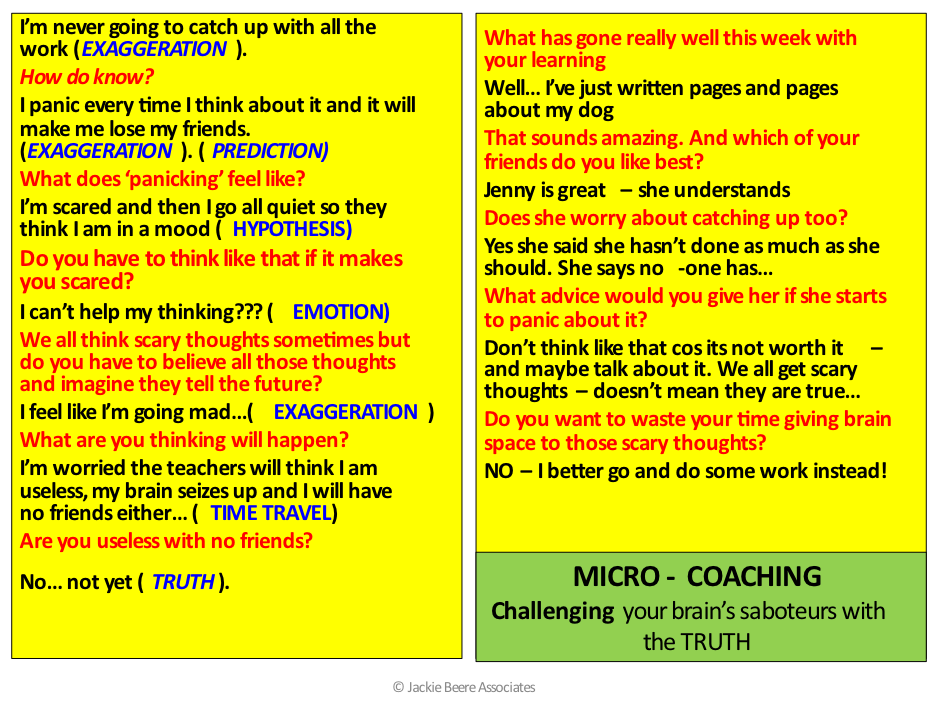
It has never been more obvious than during the recent pandemic that our children need vital socio-emotional skills if they are to thrive in this uncertain world. Even before this seismic event, the PISA 2018 results were raising concerns about young people’s wellbeing. We know that when our students return many will find it hard to adjust back to school life, let alone put in the hard graft needed to catch up with the skills and knowledge missed.
Clearly, a ‘one size fits all’ approach, which is our education default, will be less effective than ever. Some of our students may have thrived and made good progress during lockdown but many have retreated into their heads and become overwhelmed and anxious. The students who flourish will be those with high levels of self-regulation, self-confidence and with supportive parents who have had the time and wherewithal to deliver quality home schooling.
Many of our most disadvantaged will have fallen further and further behind and, even more worryingly, have become more and more convinced they can never be or don’t want to be great learners.
In February 2021 NFER published a summary of the factors that considered why, despite the challenges, some disadvantaged students succeed in making good progress [i]:In it they said:
Recent national and international evidence suggests that the Covid-19 pandemic has had an adverse effect on young people’s wellbeing and has increased the negative impact of disadvantage on educational success. Although conducted prior to the pandemic, NFER’s analysis of data from the Programme for International Student Assessment (PISA) 2018, provides new insights into pupils’ wellbeing and what sets apart disadvantaged pupils with good reading, maths and science skills from those with low skills.
NFER’s analysis finds strong personal relationships are crucial to pupils’ wellbeing. Feeling a sense of belonging at school was most strongly linked to higher life satisfaction, closely followed by strong relationships with parents and teachers. These findings emphasise the importance of the wider aspects of school life – of ensuring pupils have a voice, supporting positive relationships between pupils, teachers and family, and the importance of positive feedback from teachers.
How can we establish that sense of belonging and strong relationships in our schools for staff and for all our students? One of the most powerful methods of creating a school culture that is inclusive and which can engender a real sense of community values is introducing peer coaching. Peer coaching promotes empathy, exemplifies and fosters shared values and gives a personalised approach to wellbeing. It can also offer insights for both staff and students into what worries and motivates us.
By embedding peer coaching into the culture of every staffroom and every classroom we develop that inclusive ‘culture of allies.’ As Carol Dweck said, this is a prerequisite to having a growth mindset culture in the classroom and crucially also, in our own heads, where mistakes become opportunities and learning is the key.
Peer coaching for all
It’s not a quick fix and if you are thinking of peer coaching as a privilege only leaders can enjoy or that it is only for trainees or for those who are struggling – think again! Peer coaching is for everyone. It is simply about:
- having short, focused conversations that empower both parties
- deeply listening to and connecting with another human being
- being understood and knowing that the person coaching you absolutely knows you have all your own answers and will commit to helping you see for yourself the actions required
- releasing yourself from limiting beliefs and the stories you have in your head that make you a cruel judge of yourself and other people.
- committing to action to make progress on a challenge
- developing new neural pathways that create fresh thinking and that challenge unhelpful habits
So how can this help boost post-pandemic achievement?
A key lesson we have learnt from these strange times is that when we support each other, anything is possible. My experience in schools and in my own one-to-one and group coaching is that the process of unconditional support for each other’s growth enhances a feeling of belonging, powerful relationships and fearless thinking.
Peer coaching has many applications in a school setting which I will present in this course and these include:
- Training all staff to peer coach each other
- Training teachers to use coaching techniques in the classroom
- Making progress in subjects using coaching
- Training LSAs to do effective one to one or group coaching for certain children.
- Training students to coach each other
- Leaders using micro-coaching as leadership style
Here’s an example of a simple coaching conversation with a pupil:

The ‘Coaching for Kids’ course will cover all of the above and include lots of ideas about how to apply these skills in your setting. The purpose is to inspire you to develop the coaching culture for staff and students in your school to help to support the wellbeing and progress for all your students.
The Coaching For Kids online course begins with an introduction session on 4th March 2021. Followed by three sessions: 19th, 26th April and 10th May 2021.
For more information on this course, click here
Jackie Beere is a former headteachers, writer and trainer.
Register for free
No Credit Card required
- Register for free
- Free TeachingTimes Report every month
kevin
3 years ago